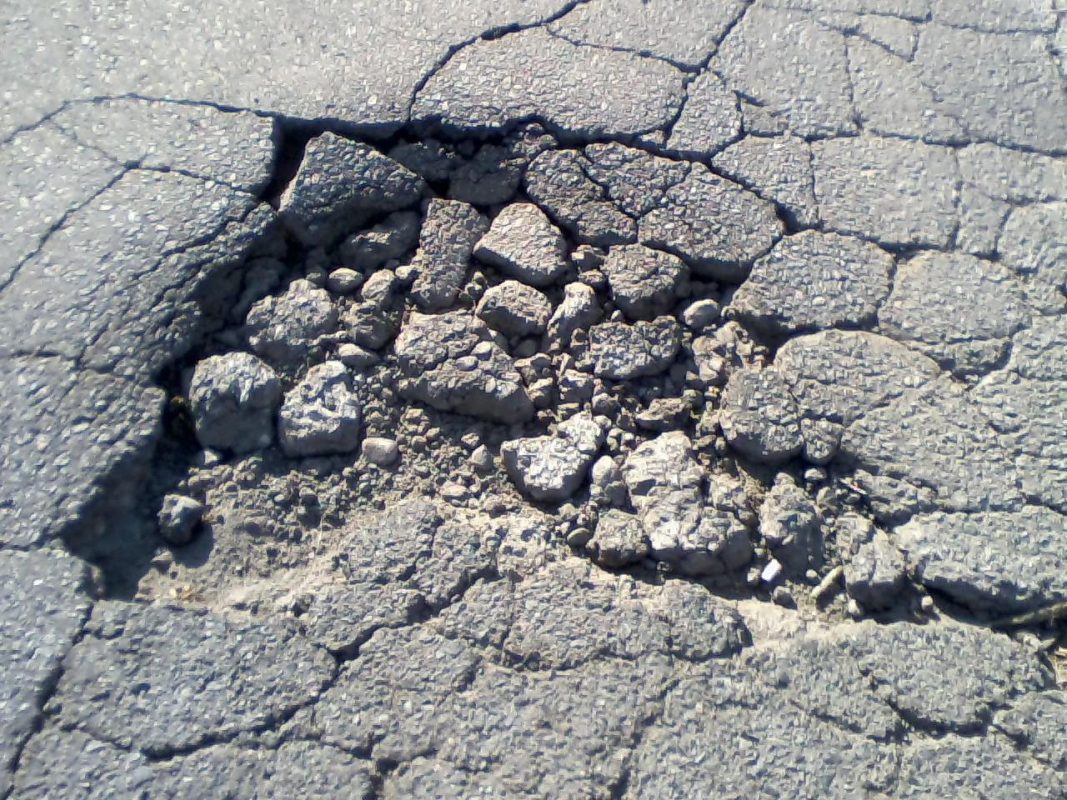latest
Massachusetts House broadens road repair borrowing bill with other funding

By Katie Lannan
STATE HOUSE, BOSTON, MARCH 30, 2022…..Passing a borrowing bill to fund local road and bridge repairs through the Chapter 90 program is an annual exercise on Beacon Hill, with municipal officials each year asking for more than the $200 million that’s typically allocated.
As state representatives on Wednesday unanimously passed a bill authorizing $200 million for the Chapter 90 program and another $150 million for other municipal transportation efforts, a key House lawmaker said the conversation about local road money should be a broader one.
“There’s a misnomer out there that Chapter 90 is the be-all and end-all and only way that the state provides assistance for municipal roads and bridges,” Rep. William Straus, the House chair of the Transportation Committee, told the News Service ahead of the vote. “Chapter 90 is one piece of that puzzle.”
Cities and towns have long advocated $300 million in annual road and bridge funding and asked lawmakers to pass multi-year bills that municipal leaders say would help them plan major projects.
Straus, a Mattapoisett Democrat, said the House bill does increase money for municipal transportation projects, but “it’s just not under the one single category of Chapter 90.”
“People have to think of what we do as broader than just Chapter 90,” he said.
Matching the $200 million Chapter 90 allocation that Gov. Charlie Baker proposed in January, the House bill (H 4638) — an approach Straus referred to on the floor as “Chapter 90-plus” — also authorizes $30 million for the municipal small bridge repair program, $30 million for the Complete Streets grant program, $25 million for municipal grants for bus-related projects and $25 million for grants supporting efforts to increase access to mass transit and commuter rail stations.
It includes $40 million for maintenance of state numbered routes, which Straus said are more likely to be major roads and are municipally owned, leaving cities and towns responsible for their upkeep.
Before passing the final bill, House Democrats on a party-line vote rejected an amendment from Rep. Kelly Pease that sought to bump the Chapter 90 money up to $225 million. Pease, a first-term Westfield Republican, said road conditions are a top complaint among residents, and that more money dedicated to Chapter 90 will help show state lawmakers are prioritizing roads.
Straus, who during debate on separate legislation earlier this month said the Chapter 90 formula needs to be reworked, asked his colleagues to vote down Pease’s proposal in part because of the “inherent problems” with the formula. During Wednesday’s session, he said revising the formula will be complicated and that lawmakers have reached out to him to share how Chapter 90 does or does not work for their communities.
Rep. William “Smitty” Pignatelli, a Lenox Democrat who represents small towns in Western Massachusetts, said that one problem he has with the current formula is that his communities typically have plenty of road miles, but trail other areas in employment and population.
The only other amendment filed to the bill came from Braintree Democrat Rep. Mark Cusack, the House chair of the Revenue Committee. Cusack filed but withdrew without discussion an amendment that would have required the Massachusetts Municipal Association to post online “the salaries and compensation of all employees along with the portions that are funded by contributions from cities and towns and any portions funded from the Massachusetts Interlocal Insurance Association.”
The MMA, which represents the local officials of the state’s 351 cities and towns, has been the leading voice calling for more Chapter 90 funds.
Ahead of Wednesday’s session, MMA Executive Director Geoff Beckwith wrote to representatives again requesting $300 million a year, citing an estimated annual need of $600 million to bring municipal roads into a state of good repair and “substantially diminished” purchasing power since fiscal 2012 amid construction inflation.
“If Chapter 90 remains at $200 million for fiscal 2023, the real (inflation-adjusted) level of state support for local road projects would drop by 42.6% percent [sic], to an inflation-adjusted $117 million in fiscal 2023,” Beckwith wrote. “That is a loss of $83.2 million in purchasing power over 11 years.”
-

 Community6 years ago
Community6 years agoNational Shrine of La Salette Festival of Lights 2017 set to begin
-

 Community6 years ago
Community6 years agoMassachusetts State Police looking for good home for retired dogs
-

 Crime6 years ago
Crime6 years agoFall River ranked most dangerous city in Massachusetts according to report
-

 latest6 years ago
latest6 years agoDurfee student allegedly overdoses on marijuana
-

 Community6 years ago
Community6 years agoVideo of Fall River Police goes viral
-

 Causes6 years ago
Causes6 years agoMissing Fall River woman found deceased
-

 Crime6 years ago
Crime6 years agoFall River Police add names to most wanted list
-

 Causes6 years ago
Causes6 years agoFall River teenager reported missing has been found




